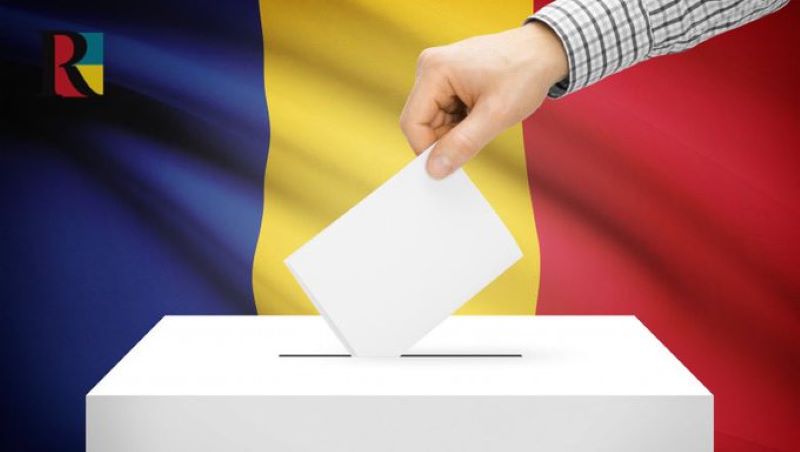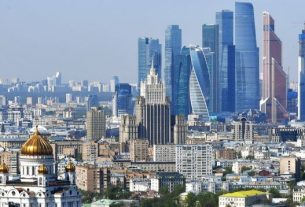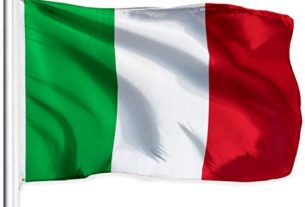BUCHAREST – Protests broke out near Bucharest on Sunday as frustrated Romanians gathered at a polling station demanding their right to vote after the Constitutional Court annulled the presidential election run-off. Among the demonstrators was far-right presidential frontrunner Călin Georgescu, who has sharply criticized the decision, calling it a “formalized coup d’état.”
The electoral turmoil follows the unexpected results of the first round on November 24, where Georgescu emerged as the frontrunner in the NATO and EU member state bordering Ukraine. However, on December 6, the Constitutional Court unanimously invalidated the entire electoral process, citing widespread irregularities and breaches of electoral laws.
The annulment was largely influenced by newly declassified intelligence documents released earlier this week. The documents accused Georgescu of benefiting from “massive” social media promotion on platforms like TikTok and alleged Russian interference through cyberattacks aimed at undermining the integrity of the election. Romania has reportedly been a “target for aggressive Russian hybrid actions,” raising concerns about the country’s electoral sovereignty. TikTok has denied allegations of favoritism towards Georgescu.
On the day initially scheduled for the run-off vote, over 100 protesters gathered outside a closed polling station, chanting slogans like “Down with dictatorship,” “We want to vote,” and “Thieves.” Demonstrators expressed outrage at what they perceive as an assault on democracy.
Georgescu, speaking to reporters at the protest, accused the authorities of canceling the elections out of fear of his victory. “I stand here in the name of democracy and always will,” he declared. The far-right Alliance for the Union of Romanians (AUR) also mobilized its supporters to protest the decision and announced plans to challenge the court’s ruling.
Meanwhile, Romania’s Social Democrats, who secured victory in last weekend’s legislative elections, are expected to form a new government. Political analysts speculate that their leadership will significantly influence the rescheduling and conduct of future elections.
As tensions remain high, the court’s decision has exposed deep divisions within Romania’s political landscape, further fueled by allegations of foreign interference. The controversy underscores the broader challenges facing the nation in safeguarding democratic processes amid increasing external and internal pressures.





